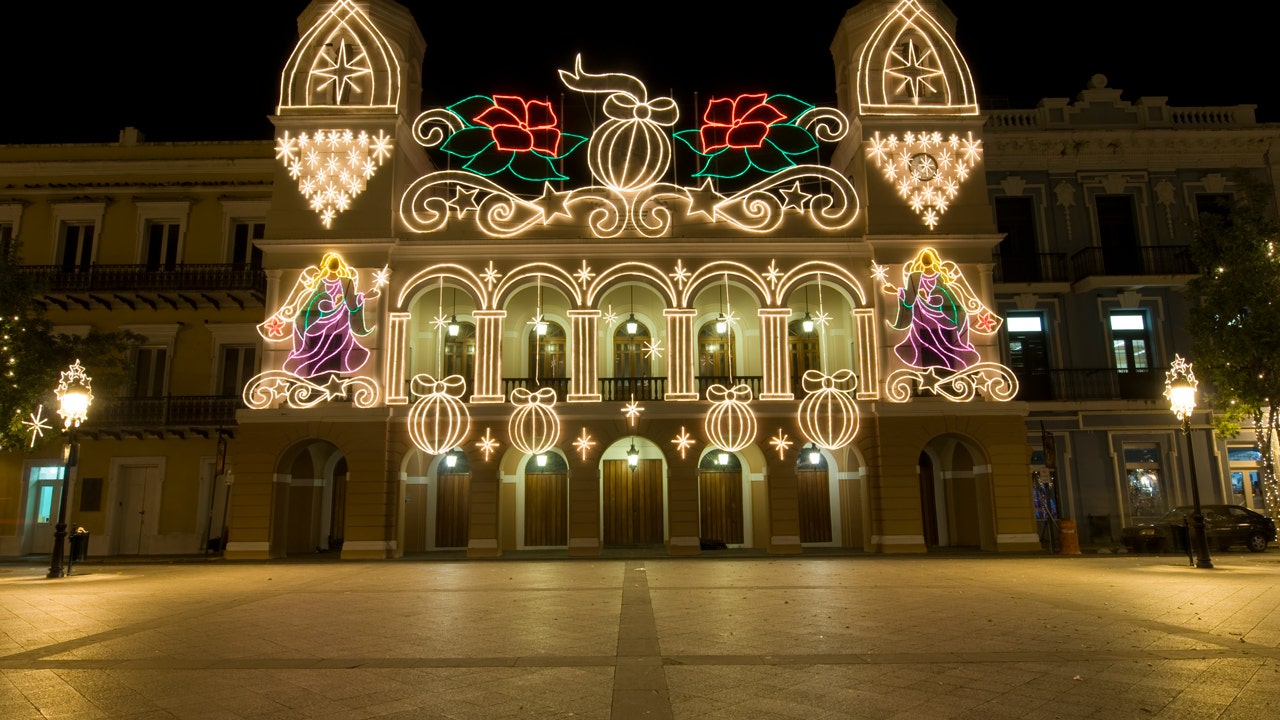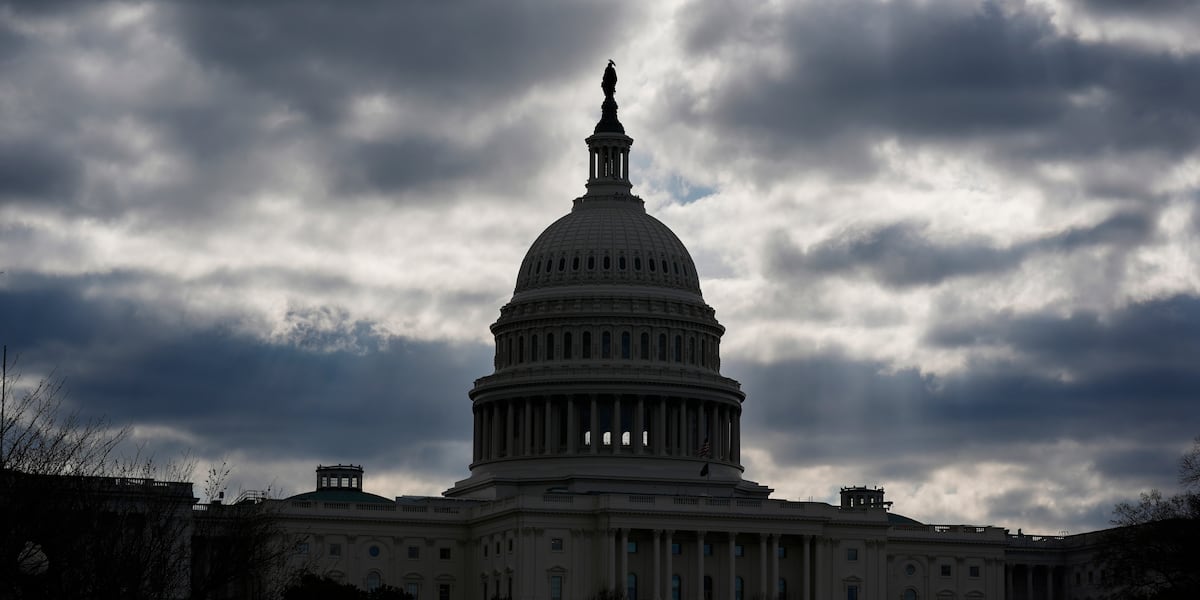World
North Korea’s Kim gives Russia defence minister tour of arms expo
/cloudfront-us-east-2.images.arcpublishing.com/reuters/NTKB5PLI6JKA5DIGVQRMRR5AXU.jpg)
[1/9]North Korean leader Kim Jong Un and Russia’s Defense Minister Sergei Shoigu visit an exhibition of armed equipment on the occasion of the 70th anniversary of the Korean War armistice in this image released by North Korea’s Korean Central News Agency on July 27, 2023. KCNA via REUTERS
SEOUL, July 27 (Reuters) – North Korean leader Kim Jong Un met with Russia’s Defence Minister Sergei Shoigu on Wednesday, state media KCNA reported, giving him a tour of a defence expo featuring Pyongyang’s banned ballistic missiles as both sides pledged to boost ties.
Shoigu handed Kim a letter from Russian President Vladimir Putin, the report said. Kim in turn thanked Putin for sending a military delegation led by Shoigu, adding the meeting deepened the “strategic and traditional” relations between North Korea and Russia.
The Russian delegation and a Chinese delegation including Chinese Communist Party Politburo member Li Hongzhong arrived in North Korea this week for the 70th anniversary of the end of the Korean War celebrated in North Korea as “Victory Day.”
The groups are the first such prominent public visitors to North Korea since the start of the pandemic, and arrive as Pyongyang looks to deepen its ties with Beijing and Moscow, finding common ground in their rivalries with Washington.
Kim led Shoigu on a tour of a defence exhibition being held to mark the war anniversary displaying newly developed weapons and military equipment, KCNA said.
“Kim Jong Un shared with Sergei Shoigu comments on the worldwide trend of weaponry development and its strategy,” KCNA said.
Photographs published by KCNA showed Kim and his guests touring a large exhibition hall displaying some of the North’s ballistic missiles lying on multi-axle transporter launchers. Another image showed what analysts said appeared to be a new drone.
North Korea is banned from developing weapons that use ballistic missile technology by United Nations Security Council resolutions, backed in previous years by the council’s permanent members including Russia and China.
“(Kim) expressed his views on the issues of mutual concern in the struggle to safeguard the sovereignty, development and interests of the two countries from the high-handed and arbitrary practices of the imperialists and to realize international justice and peace,” it said.
“He repeatedly expressed belief that the Russian army and people would achieve big successes in the struggle for building a powerful country,” it said.
While KCNA did not directly mention the war in Ukraine, North Korea’s defence minister Kang Sun Nam said Pyongyang fully supported Russia’s “battle for justice” and to protect its sovereignty, the report said.
Shoigu praised the North Korean military as the “most powerful” in the world during a banquet in Pyongyang, KCNA reported.
North Korea has backed the Kremlin over its war with Ukraine and has shipped weapons including infantry rockets and missiles in support of Russia’s war, the White House has said.
North Korea denies it has conducted arms transactions with Russia.
Separately Kim hosted China’s Li Hongzhong who handed Kim a personal letter from Chinese President Xi Jinping, KCNA said.
Reporting by Hyunsu Yim
Editing by Ed Davies and Lincoln Feast
Our Standards: The Thomson Reuters Trust Principles.

World
Italian state railways plans 1.3 bln euro investment in solar plant

World
Christmas in Puerto Rico is a 45-day celebration with caroling, festive decorations, family feasts and more

Christmas, Navidad in Puerto Rico, extends far beyond Dec. 25.
The island proudly proclaims itself as having the “longest holiday season in the world,” according to the website Discover Puerto Rico.
On average, the holiday festivities in Puerto Rico last about 45 days, per the source, commencing right after Thanksgiving, and stretching all the way through mid-January.
The Christmas season in Puerto Rico typically lasts around 45 days. (iStock)
HOW TO SAY ‘MERRY CHRISTMAS’ IN 10 LANGUAGES TO FRIENDS AROUND THE WORLD
The holiday season in Puerto Rico is full of rich traditions beloved by families.
One tradition those who visit Puerto Rico will immediately notice during the holiday season is decorations.
In Puerto Rico, decorations are typically put up by Thanksgiving, and kept up until the season concludes in mid-January, with opportune picture moments at every corner.
Parrandas, Christmas caroling, is a holiday staple.
17 SECRET TRAVEL TIPS FOR FALL AND WINTER THAT AREN’T SO SECRET AFTER ALL
Carolers choose houses of family and friends to visit, typically starting around 10 p.m., performing aguinaldos (traditional Christmas songs), with not only their voices, but often with instruments as well, according to Discover Puerto Rico.
The group you begin caroling with is likely not the same group you end with.
In Puerto Rico, when carolers visit a house, they’ll often stop inside for conversation, food and drink before moving to the next residence.

Coquito is a popular beverage enjoyed during the holiday season in Puerto Rico. Coconut, vanilla and rum are among the ingredients. (Mayra Beltran/Houston Chronicle via Getty Images)
Usually, the residences of the house visited will join the group for the next house, according to Discover Puerto Rico.
CHRISTMAS TREES IN GERMANY WERE DECORATED WITH APPLES INSTEAD OF ORNAMENTS IN THE 1600S FOR ‘ADAM AND EVE DAY’
A night of serenading loved ones can last quite a while, often stretching into the early morning hours of the following day, according to the source.
The biggest day of the holiday season in Puerto Rico actually isn’t Christmas, but instead, the night before.
In Puerto Rico, Dec. 24 is Nochebuena. On that day, loved ones gather for the exchange of gifts, caroling and a large feast.
Many families will also attend a midnight Mass on the day, known as Misa de Gallo.
FLIGHT ATTENDANTS REVEAL THE SURPRISING DAY TO TRAVEL AHEAD OF THE CHRISTMAS RUSH
After Christmas passes, the festivities go on in Puerto Rico.
Another big event in the holiday lineup is Three Kings Day on Jan. 6, a holiday that “commemorates the visit that the Three Wise Men paid to Jesus after his birth,” according to Discover Puerto Rico.
On the eve of the day, children fill up a shoebox with grass to be left for camels to munch on while the Three Kings leave behind gifts for them, according to PuertoRico.com.
For a particularly festive Three Kings Day, Juana Díaz is the place to go, as it hosts the largest celebration in Puerto Rico for the holiday. In Juana Díaz, there is an annual festival and parade in honor of Three Kings Day that brings together over 25,000 people every year, according to Discover Puerto Rico.

Gifts are primarily exchanged between loved ones on Christmas Eve in Puerto Rico. (iStock)
Then, eight days later is Octavitas, a post-holiday celebration where families get together and celebrate one last time for the season.
The end of the holiday season is marked with the San Sebastián Street Festival.
This festival, spanning over multiple days, takes place in Old San Juan, and is filled with live music, dancing, shopping and parades.
World
Small plane crashes into Brazil town popular with tourists, killing 10

Twin-engine plane crashed in largely residential neighborhood of Gramado shortly after takeoff, authorities say.
A small plane has crashed into a tourist hotspot in southern Brazil, killing all 10 people on board and injuring more than a dozen people on the ground, officials have said.
The twin-engine Piper PA-42-1000 hit the chimney of a home and the second floor of a different house before crashing into a shop in a largely residential neighbourhood of Gramado shortly after takeoff from Canela, Brazil’s Civil Defense agency said on Sunday.
Rio Grande do Sul Governor Eduardo Leite told a news conference that the aircraft’s owner and pilot, Luiz Claudio Galeazzi, was killed along with nine members of his family.
Leite said that 17 people on the ground were injured, 12 of whom were still receiving treatment in hospital.
Galeazzi’s company, Galeazzi & Associados, confirmed that its CEO and Galeazzi’s wife and three daughters had died in the crash.
“Luiz Galeazzi will be forever remembered for his dedication to his family and for his remarkable career as a leader of Galeazzi & Associados,” the company said in a post on LinkedIn.
“In this moment of immense pain, Galeazzi & Associados is deeply grateful for the expressions of solidarity and affection received from friends, colleagues and the community. We also sympathize with all those affected by the accident in the region.”
Gramado, located in the Serra Gaucha mountains, is a popular destination for vacationers, especially during the Christmas season.
The crash comes a little more than a year after Brazil suffered its worst air disaster in nearly two decades when a twin-engine plane crashed in the southeastern city of Vinhedo, killing all 62 people on board.
-

 Politics1 week ago
Politics1 week agoCanadian premier threatens to cut off energy imports to US if Trump imposes tariff on country
-
/cdn.vox-cdn.com/uploads/chorus_asset/file/25789444/1258459915.jpg)
/cdn.vox-cdn.com/uploads/chorus_asset/file/25789444/1258459915.jpg) Technology1 week ago
Technology1 week agoOpenAI cofounder Ilya Sutskever says the way AI is built is about to change
-

 Politics1 week ago
Politics1 week agoU.S. Supreme Court will decide if oil industry may sue to block California's zero-emissions goal
-
/cdn.vox-cdn.com/uploads/chorus_asset/file/25546252/STK169_Mark_Zuckerburg_CVIRGINIA_D.jpg)
/cdn.vox-cdn.com/uploads/chorus_asset/file/25546252/STK169_Mark_Zuckerburg_CVIRGINIA_D.jpg) Technology1 week ago
Technology1 week agoMeta asks the US government to block OpenAI’s switch to a for-profit
-

 Business1 week ago
Business1 week agoFreddie Freeman's World Series walk-off grand slam baseball sells at auction for $1.56 million
-
/cdn.vox-cdn.com/uploads/chorus_asset/file/23951353/STK043_VRG_Illo_N_Barclay_3_Meta.jpg)
/cdn.vox-cdn.com/uploads/chorus_asset/file/23951353/STK043_VRG_Illo_N_Barclay_3_Meta.jpg) Technology1 week ago
Technology1 week agoMeta’s Instagram boss: who posted something matters more in the AI age
-
News1 week ago
East’s wintry mix could make travel dicey. And yes, that was a tornado in Calif.
-
/cdn.vox-cdn.com/uploads/chorus_asset/file/24924653/236780_Google_AntiTrust_Trial_Custom_Art_CVirginia__0003_1.png)
/cdn.vox-cdn.com/uploads/chorus_asset/file/24924653/236780_Google_AntiTrust_Trial_Custom_Art_CVirginia__0003_1.png) Technology2 days ago
Technology2 days agoGoogle’s counteroffer to the government trying to break it up is unbundling Android apps


















